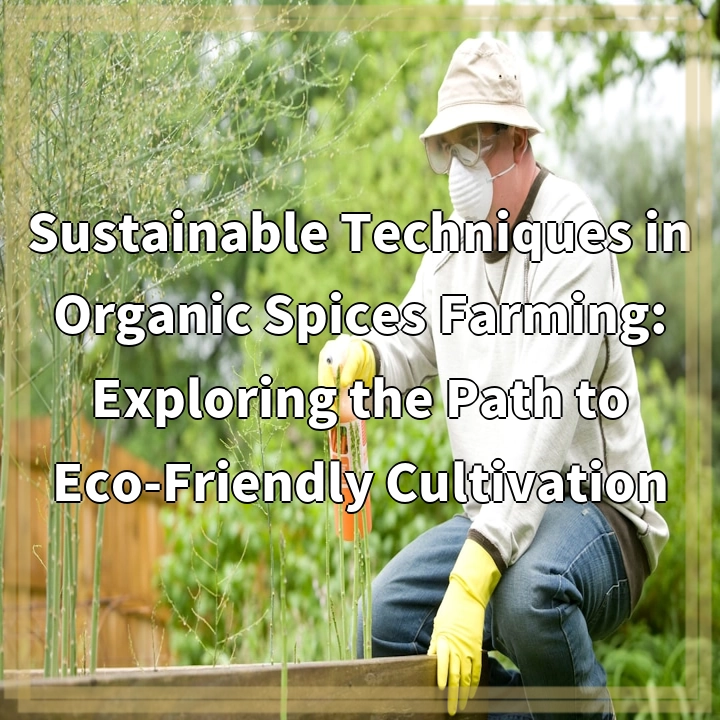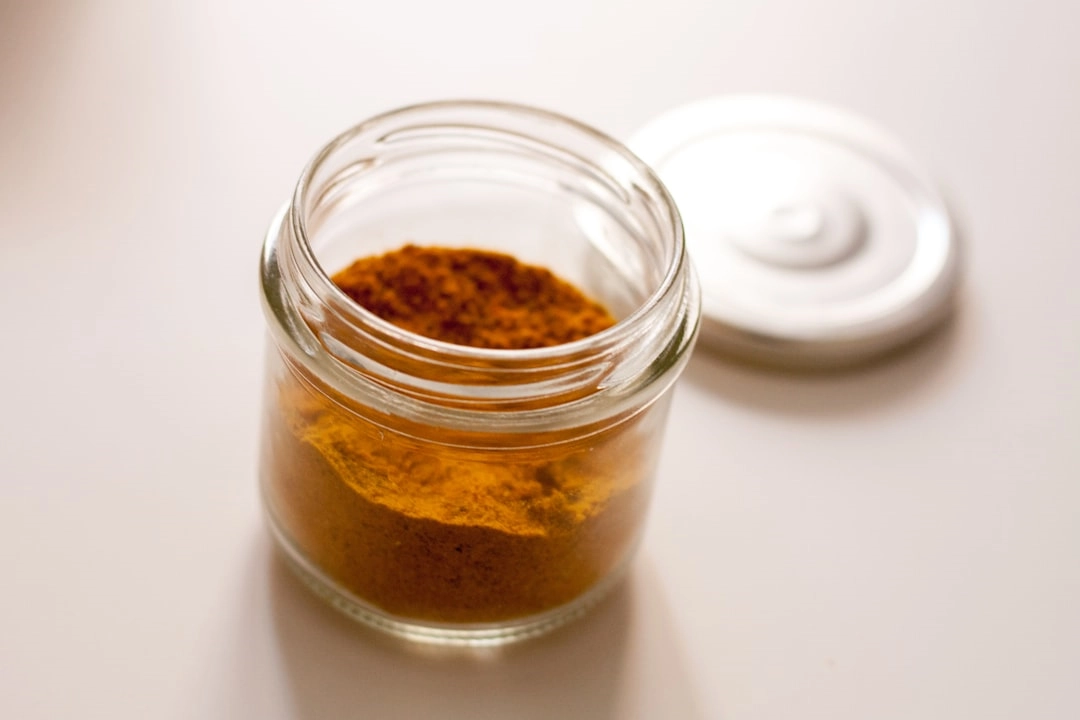
What is Sustainable Techniques in Organic Spices Farming?
Sustainable techniques in organic spices farming refer to the adoption of environmentally friendly practices and methods in the cultivation, harvesting, and processing of spices. These techniques aim to minimize the negative impact on the environment, promote biodiversity, and ensure the long-term sustainability of spice production.
Real-World Problems Associated with Sustainable Techniques in Organic Spices Farming
While sustainable techniques in organic spices farming offer a multitude of benefits, there are also several real-world challenges and problems that need to be addressed:
Inadequate Knowledge and Awareness
One of the major issues in implementing sustainable techniques is the lack of knowledge and awareness among spice farmers. Many farmers may not be aware of the benefits of sustainable farming practices or may be resistant to change due to existing traditional methods.
Access to Resources
Access to necessary resources such as organic fertilizers, pest control alternatives, and irrigation systems can be a challenge for spice farmers, especially those in remote or economically disadvantaged regions. Without access to these resources, it becomes difficult to transition to sustainable practices.
Market Demand and Pricing
An obstacle faced by spice farmers in adopting sustainable techniques is the fluctuating market demand and pricing. Organic products often face a niche market and may not fetch premium prices compared to conventionally produced spices. This can deter farmers from investing in sustainable practices.
Pest and Disease Management
Controlling pests and diseases without the use of synthetic chemicals can be a significant challenge in organic spices farming. Farmers have to rely on integrated pest management strategies, crop rotation, and natural insect predators to tackle pest and disease outbreaks effectively.
Climate Change Impacts
Climate change poses a significant threat to spice production. Variations in temperature and rainfall patterns can affect crop yields and quality. Organic spice farmers need to develop resilient farming practices and adjust to changing climatic conditions to ensure the sustainable cultivation of spices.
Certification and Regulatory Requirements
Obtaining organic certification can be a lengthy and expensive process for farmers. Compliance with stringent organic regulations and standards can pose additional challenges in terms of paperwork, inspections, and record-keeping. This can be a deterrent for farmers considering the transition to sustainable techniques.
In conclusion, while sustainable techniques in organic spices farming offer numerous benefits, it is crucial to address the real-world problems associated with their implementation. By providing education, access to resources, and market support, we can overcome these challenges and promote eco-friendly cultivation practices for a sustainable spice industry.

Solutions to Real-World Problems in Sustainable Techniques in Organic Spices Farming
Addressing the challenges associated with sustainable techniques in organic spices farming requires concerted efforts and proactive measures:
Education and Training
Increasing knowledge and awareness among spice farmers about the benefits and methods of sustainable farming is essential. Providing training programs, workshops, and demonstrations can help farmers understand the importance of eco-friendly practices and how to implement them effectively.
Supporting Access to Resources
Governments, NGOs, and industry stakeholders should work together to ensure farmers have access to organic fertilizers, natural pest control alternatives, and efficient irrigation systems. Providing subsidies or assistance programs can help alleviate financial burdens and encourage the adoption of sustainable techniques.
Promoting Market Demand
Creating awareness among consumers about the benefits of organic spices and promoting the demand for sustainably produced products can incentivize farmers to transition to sustainable techniques. Collaborating with retailers, chefs, and culinary influencers to highlight the value of organic spices can increase market acceptance and pricing.
Integrated Pest and Disease Management
Supporting research and development efforts to improve integrated pest management strategies is crucial. Sharing best practices and providing access to organic pest control methods can help farmers effectively manage pests and diseases while reducing reliance on synthetic chemicals.
Building Climate Resilience
Assisting farmers in adopting climate-resilient practices, such as crop diversification, water management, and agroforestry, can help mitigate the impacts of climate change on spice production. Providing weather information and training on adaptive farming techniques can aid farmers in adapting to changing climatic conditions.
Simplifying Certification Processes
Simplifying and streamlining the organic certification and regulatory requirements can encourage more farmers to transition to sustainable techniques. Reducing paperwork, offering financial support for certification costs, and establishing local certification bodies can make organic certification more accessible and attractive to farmers.
In summary, by focusing on education, resource accessibility, market demand, pest and disease management, climate resilience, and simplified certification processes, we can overcome the real-world challenges faced in adopting sustainable techniques in organic spices farming and pave the way for a more eco-friendly and sustainable spice industry.















